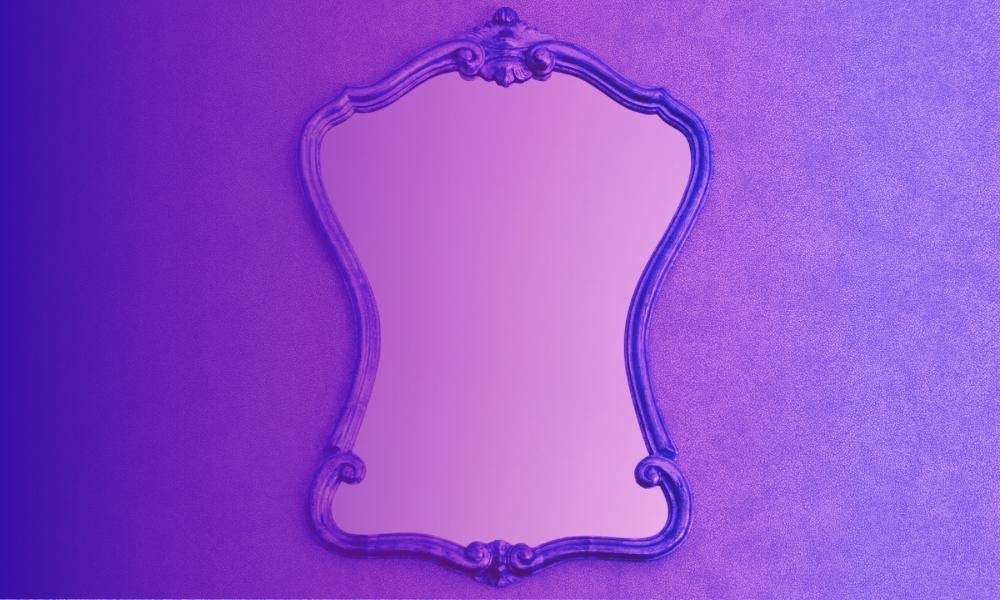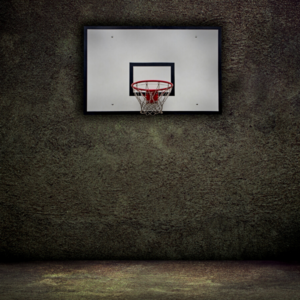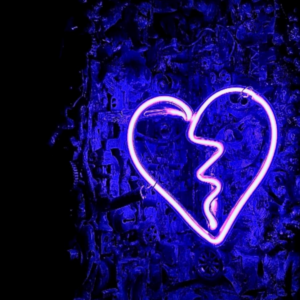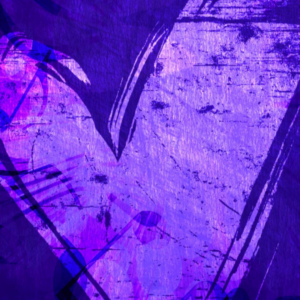“Zachary Kahn-Molina, do you have siblings?”
Mr. Rattrazino paused, stub of yellow chalk cinched between his second and third fingers like the suave, self-destructive, chain-smoking lead of a 1930s movie. Rattrazino—mostly, we called him “Mr. R,” though a few smart-asses (usually after they’d bombed a test) muttered “Mr. Rat” behind his back—was old-school that way. He declined the offer of a smart board even after the PTA held a gazillion bake sales and magazine drives to outfit every classroom with “21st-century technology,” forgetting that only people who’ve spent most of their conscious existence in a different century bother to name the one we’re in.
For us, high school kids conceived on the lip of the millennium, the moment when everything was supposed to apocalyptically crash but instead went on ticking, the 2000s were just our lives. The years in which we had the weird and tragic luck of being born. The water we thrash in.
“The rising-sea-level-full-of-dead-coral-rapidly-warming-ocean water,” Khady would say if she were here, checking off her math requirement, instead of spending fourth period doing independent study in environmental feminist philosophy. Not that it mattered. Khady was brilliant enough to get into any college she wanted, even if she’d only squeaked through Algebra 2 thanks to weekly tutoring sessions from yours truly. It was a trade: every Tuesday night, she’d bring extra of what her Grandma Delores had made—vegan soul food, she called it—and we’d fork up seitan gumbo and dirty rice while reviewing binomial equations. Khady was grateful because I had a knack for explaining. I was grateful because ever since the divorce, both my moms were too sad to cook.
“Zachary. It’s a simple question. Do you have brothers and sisters?” Mr. R may have been retro about technology and fashion—I mean, the guy wore suspenders, with a maroon bow tie on school spirit days, and pants he probably bought when Bill Clinton was president—but he wasn’t actually that old. Young enough, anyway, to remember that teenagers needed time to untangle their thoughts. He’d pose a problem and wait in the itchy silence, pinching the chalk, while we worked it through.
But this morning, we hadn’t even opened our books. Kids were still straggling into the room in twos and threes, plopping backpacks on the floor, digging for pencils, and Mr. R was doing his top-of-the-hour chat, describing a podcast he’d heard on the way to school about how math aptitude runs in families. Apparently, the experts were divided on the nature/nurture question—that is, were some kids good at math because they got a crazy-smart math gene from their mom or dad, or were they good at it because the people who raised them played Baby Einstein in the nursery and talked differential equations over dinner?
Mr. R was just wondering, with that podcast in mind (and my freakish talent for getting As in a class most kids sweated through), if other people in my family also had a gift for numbers. For instance, my siblings?
Siblings? I was still stuck on his little news brief about the podcast. Nature versus nurture? Genes going mano a mano against environment? Why did it have to be a face-off, bitter as divorce court, instead of a slow-mo ballet? What if a baby got the super-smart math DNA but then was raised by wolves—or, say, adopted by people who couldn’t figure a restaurant tip without a calculator? Or maybe the reverse: the baby inherits a full set of humanities-tilting chromosomes, then the parents die and the kid’s court-appointed guardian is the winner of a Fields Medal—like the Nobel Prize for math. Would they go on to be some kind of numerary genius? And who would get credit for that?
Welcome to my life: a quiz of either/or questions where the answer is “all of the above.” How many times had someone asked, “Which one’s your mom?” then looked confused when I said, “Both.” Same with those racial group check-offs that list discrete categories: “Caucasian. Black. Hispanic. Asian” but not “Jewish/Mexican/Puertorriqueño” or una mezcla, as my mom Ana likes to say.
Even the gender box, the one most people think is a no-brainer, gives me stomach aches. I’ll hover my pencil over “male” and think of all the ways I’m not: I hate arm-wrestling and love Sondheim and turn into a snotty mess watching Coco every time. Then I’ll start to mark “female,” but that feels like trespassing; I don’t have boobs or periods or construction workers calling me “bitch” when I refuse to smile. The whole set-up seems like a failure of imagination: How come we’ve got twenty-seven different kinds of breakfast cereal, but only two genders to choose from?
So, what about a create-your-own-adventure answer? Am I non-binary? Too mathematical. Gender-fluid? Makes me think of anti-freeze. Gender-expansive? Pansexual? What do you call the kid who knocked over his best friend—that was Khady, from the get-go—in order to grab the princess gown out of the dress-up bin in pre-school and now, at seventeen, isn’t sure what he wants to wear or, for that matter, who he wants to kiss? What is the politically sensitive, spot-on, 21st-century gender term for still-trying-to-figure-it-out?
This is why I never look in mirrors. Because I don’t have words for what I see.
Khady always says the main difference between us is that she loves questions and I search for answers. “You gotta get comfortable with shades of gray, Z,” she says. “Or, in my case, shades of brown.” In sixth grade, when the earnest Americorps teacher had us do family trees, Khady grabbed every darkish crayon in the box—burnt sienna, umber, copper, bronze—and drew hers with warty arms that looked like they’d barely survived the latest (hello: climate change is real) hurricane. “Here’s the branch where my grandma’s great-great-uncle was lynched,” she said when it was her turn for show and tell. “Those are the limbs that got chopped off and sold to Alabama.” And the white teacher turned even whiter.
Me, I was using colored pencils I sharpened like lancets, trying to make my tree gorgeous and precise: my mom Ana’s side and all the Latinx cousins, my mom Jen’s side, great-grandparents named Esther and Shmuel. But what about the half of the tree that belonged to my donor and his people? All I had was a twig: California Cryobank specimen #573.
In February, when I turn eighteen, I’ll be able to write to the sperm bank and find out his name. My moms were on board with that—they were the ones who chose a willing-to-be-known donor, back when they first started trying to make a baby, so I could have the option of contacting him, later, if I wanted to. What they didn’t know, because they were still preoccupied with post-divorce fallout like splitting up the Broadway show CDs and redrafting their wills, was that I’ve already tried sleuthing the guy out online.
My mom Jen saved all the cryobank paperwork—she saved everything, even my kindergarten journals that are mostly puffy raisin figures with stick legs, giant flowers, and crayoned captions like “I lov chrees.” From the file, I knew 573 had studied forestry and lived in the Pacific Northwest—my bet was Corvallis, Oregon State University—before he started donating sperm. That he liked lizards and the color teal. That he’d answered the sperm bank’s questions in spiky print, his lower-case i’s topped with dashes instead of dots. The first time I saw that, when I was eleven, I stopped breathing for a second. That’s how I made my i’s. Is handwriting hereditary?
I hadn’t had any luck finding 573, but I had stumbled onto the Donor Sibling Registry, a giant online bulletin board for families who conceived with donor sperm or donor eggs. If you register, and you know the clinic your parents used along with the donor’s code number, you can see if there are other people who had kids with the same sperm. It cost money to join—$99 for a one-year membership—and I’d been saving every dime I got from tutoring 8th-graders in geometry, but the price wasn’t the only reason I’d held back.
If I had half-brothers and -sisters, and the odds were in favor of a resounding yes on that question, then maybe one of them, a sib who’d turned eighteen, had already found 573. And maybe the guy had decided that one kid was enough and he didn’t want to know the rest of us. Or what if a bunch of them had tried to locate him and slammed into the same dead ends I did? What if I met the sibs and it was like a hall of mirrors, a dozen weirdly angled reflections of me? Would that mean I’d found my tribe…or lost myself? Or what if nature was batting zero, and the sibs were nothing like me? I could tolerate being a stick-out at school, but it would feel worse to be an outlier with my own half-kin.
Last Sunday—shuttle-day, when I move from Ana’s apartment in South Philly to Jen’s row house in Germantown or vice-versa—I decided to take the plunge, metaphorically speaking. I was in my room, pretending to do homework, when I got onto the DSR, put the membership fee on Ana’s credit card (I’d pay her back later), clicked California Cryobank, then scrolled through the list to donor #573.
Six other families had already registered. There was “labrysduo,” with a boy born October 24, 1996 and a girl born March 2, 1999. I did the math: a year-and-a-half older than me, thirteen months younger. “Veganmama” had twin girls, born in June 2000. I kept reading, my fingers so slick they left beads of sweat on the track pad, my heart banging in my chest. Another boy, born four days before my own birthday. “SapphoSisters,” with a girl six months younger than me. Two more boys, in the same family, twenty months apart. And a note at the bottom: “This donor has a total of seventeen offspring from this clinic.”
I slapped my laptop closed. The room wobbled a little, and I had that might-faint feeling that I sometimes get at the eye doctor’s office, or when I’m watching a movie with too much blood. I grabbed my phone and called Khady.
“This better be good,” she answered, “cause I’ve got fifty pages of Judith Butler to read for a paper on gender and performativity, due tomorrow…hey, Z, you’re not saying anything. You okay? You singing the Sunday afternoon divorced-kid blues?”
My voice came out like a croak. “I just looked on that thing I was telling you about, the DSR. There are seventeen of them. Of us. Including me. Siblings. Half-siblings, technically.”
“Shit. You gonna e-mail them?”
“I don’t know. Maybe. Not tonight. I mean, what do you say to the brothers and sisters you’ve never met? Hi, I’m Zach, we come from the same splooge?”
“You want me to come over?”
“No, you have that paper. And I have a math thing. Also, I’m supposed to make dinner tonight. Fettucine. It’s Jen’s favorite. She hates Sundays.”
“You know you can call anytime, Z. I’ll be here, wrassling Ms. Butler.”
That was three days ago. Now, here I was, the fourth-period bell about to clang and my classmates opening their calculus books and Mr. R posing a question your average three-year-old should be able to answer.
“Zachary. Mr. Kahn-Molina. Do you have any brothers and sisters?”
Ask me anything else, I thought. Ask me about the Fibonacci sequence. Tell me to write a proof of Fermat’s little theorem, or recite the first fifteen digits of pi from memory. I took a sticky breath. Maybe my vocal cords were paralyzed. My mouth started to say yes, but the word got caught on its way out, like there was too much explanation knotted to its tail. My face swiveled left, then right, my cheeks on fire. My stomach hurt. It was 11:43 on the morning of November 12. The beginning of something. Questions without answers.
No, I lied.




